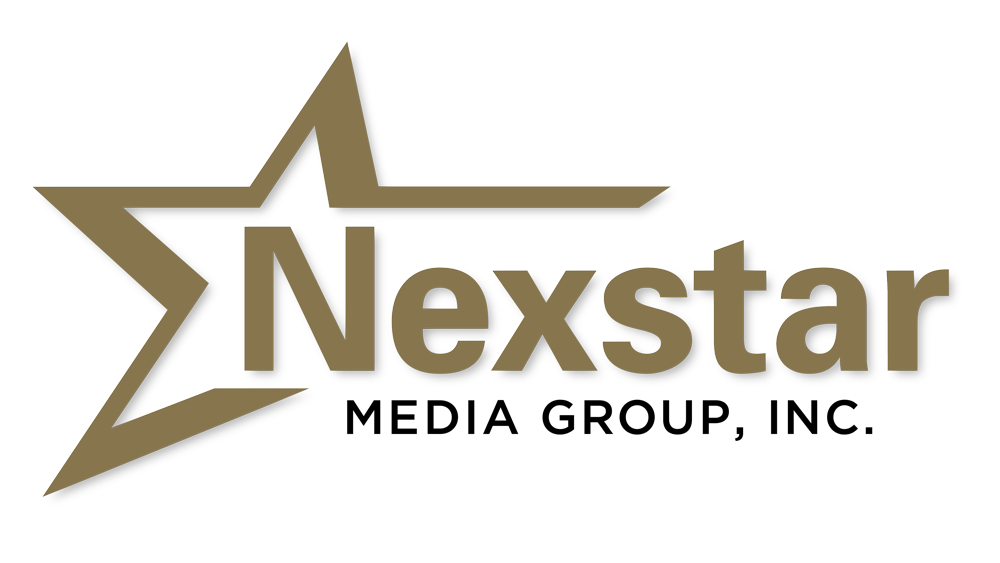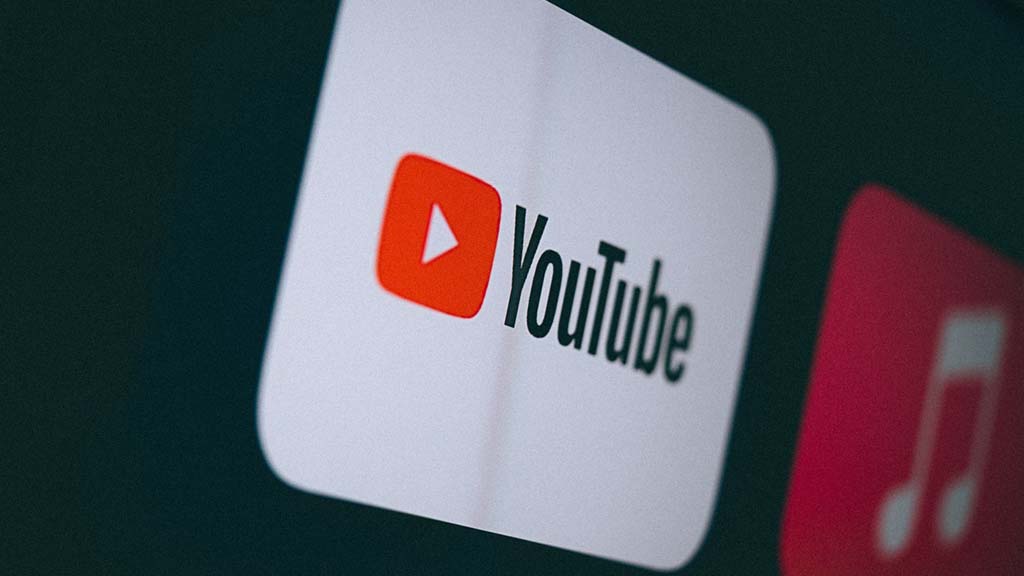Nexstar Blasts FCC 720K Fine in Retrans Case as “Irrational and Punitive”
The FCC had fined Nexstar for violating good faith rules in its negotiations with Hawaiian Telecom Services

WASHINGTON D.C.—In response to an FCC ruling that Nexstar violated requirements to negotiate a retransmission consent deal with Hawaiian Telecom in good faith, Nexstar is disputing the proposed $720,000 FCC fine saying “the forfeiture should be cancelled or, at a minimum, substantially reduced.”
The March 8 filing by Nexstar with the FCC argued that first, “the Bureau erred in finding a violation of the good faith retransmission consent negotiation requirement, and (2) the proposed forfeiture of $720,000 exceeds the Bureau’s delegated authority and is both irrational and punitive.”
The fines stem from a complaint filed by Hawaiian Telcom on July 5, 2023 against Nexstar alleging good faith violations during 2023 negotiations to renew a 2020 retransmission consent agreement with six Nexstar stations in Hawaii. The stations were removed from the telco at the end of June 2023 after being unable to negotiate a new deal. The parties eventually executed a renewal agreement on July 20, 2023.
In February of 2024, the FCC ruled that Nexstar had violated good faith negotiating requirements and levied a proposed forfeiture of $720,000, giving Nexstar 30 days to oppose the ruling.
“While the Bureau purports to find Nexstar culpable for a good faith negotiation violation `based on the totality of the circumstances in this case,’ its cursory two-paragraph analysis does not even begin to satisfy that standard,” Nexstar argued.
In that analysis the FCC argued that Nexstar’s attempt to include language preventing Hawaiian Telecom from filing a complaint with the FCC regarding violations of rules governing retransmission consent negotiations.
“This type of circular reasoning effectively writes the word `presumptively’ out of the Good Faith Order’s statement,” Nexstar’s lawyers noted later in the filing. “The Bureau determines that because Nexstar’s release proposal would have foreclosed the filing of FCC complaints to some degree, it is `presumptively’ inconsistent with good faith negotiation, while making no effort to explain why the mutual and limited nature of the settlement term would not militate in favor of rebutting the `presumption.’ Essentially, the NAL [Notice of Apparent Liability] rules that any proposed provision restricting to any degree the filing of future FCC complaints is a per se violation of the good faith negotiation requirement, regardless of the term’s scope or any other context or circumstances surrounding the proposal. This is tantamount to a modification of the good faith negotiation rules. The Bureau lacks authority to do this, and it may not lawfully deprive parties of due process by imposing liability without fair notice.”
Get the TV Tech Newsletter
The professional video industry's #1 source for news, trends and product and tech information. Sign up below.
The filing also argues that “even had the Bureau correctly found that Nexstar’s proposed mutual release constituted negotiation in bad faith (which, as discussed above, it did not), the forfeiture the NAL announces is riddled with flaws. The first and most obvious of these is that the $720,000 forfeiture amount exceeds the Bureau’s authority. Section 0.283(c) of the FCC’s rules unambiguously provides that `[t]he imposition, reduction or cancellation of forfeitures pursuant to section 503(b) of the Communications Act of 1934, as amended, in amounts of more than $20,000” “shall be referred to the Commission en banc for disposition.’ Yet, the NAL orders that Nexstar “SHALL PAY” a $720,000 forfeiture—exceeding by a whopping seven hundred thousand dollars the amount that the Bureau may impose on its own. This blatant `failure to follow [the FCC’s] own regulations and procedures’ by itself warrants the NAL’s rescission,” the filing stated.
Documents relating to the case are available here.
George Winslow is the senior content producer for TV Tech. He has written about the television, media and technology industries for nearly 30 years for such publications as Broadcasting & Cable, Multichannel News and TV Tech. Over the years, he has edited a number of magazines, including Multichannel News International and World Screen, and moderated panels at such major industry events as NAB and MIP TV. He has published two books and dozens of encyclopedia articles on such subjects as the media, New York City history and economics.

